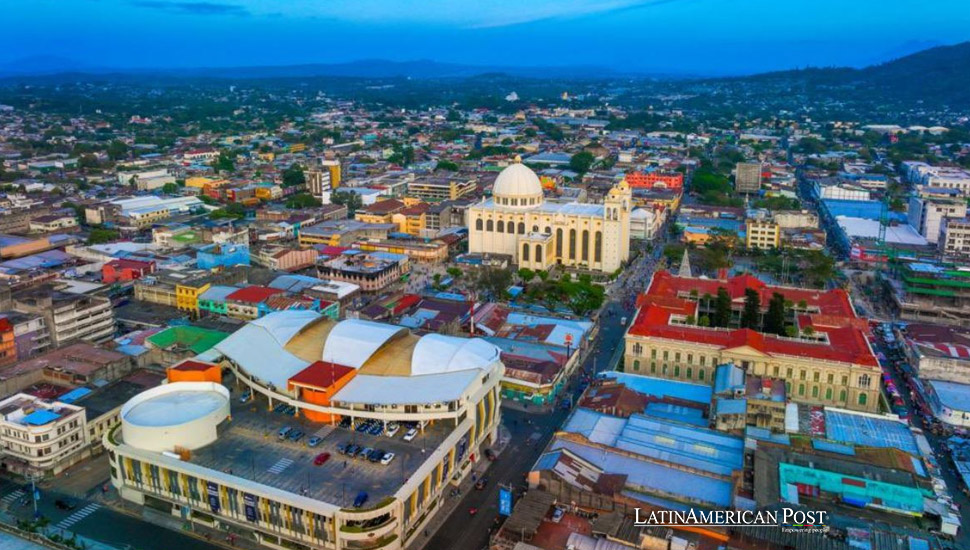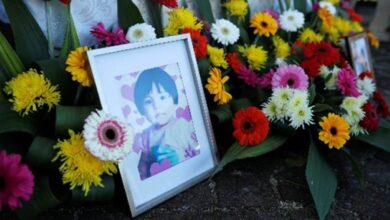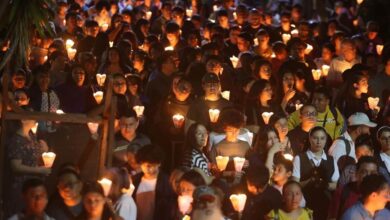El Salvador Ranks Among World’s Safest Nations for First Time

According to Gallup’s Global Security Report, El Salvador is among the safest countries. With 88% of its citizens feeling safe walking alone at night, the report credits President Nayib Bukele’s aggressive anti-gang measures with the country’s record-breaking security.
El Salvador’s Rise in Global Security Rankings
El Salvador has made headlines globally after being ranked among the safest countries in the world for the first time in its history. According to Gallup’s latest Global Security Report, 88% of Salvadorans feel safe walking alone at night, placing the country above traditionally secure nations like Switzerland, Iceland, and Luxembourg. The report highlights El Salvador’s remarkable transformation, attributing its improved safety to a robust national strategy to reduce violent crime.
This is a significant shift for a country that high levels of violence and gang activity have long plagued. For decades, El Salvador ranked among the most dangerous nations in the world, with its capital, San Salvador, often being labeled as one of the most violent cities globally. However, under the leadership of President Nayib Bukele, the country has experienced a dramatic reversal in its crime statistics, positioning it as a model of security in Latin America.
Bukele’s Offensive Against Gangs
The notable improvement in El Salvador’s safety ranking is primarily credited to President Bukele’s aggressive crackdown on criminal gangs, known locally as maras. The government’s “Territorial Control Plan” and subsequent security policies have led to the arrest of thousands of gang members, significantly reducing the country’s homicide and crime rates. Bukele’s approach, which includes large-scale incarceration and military operations targeting gang-dominated areas, has received widespread support from Salvadorans.
While some human rights organizations have criticized Bukele’s policies for their heavy-handed tactics, there is no denying the results. El Salvador’s transformation has been profound. The Gallup report places El Salvador ahead of many European nations, a testament to how deeply citizens now trust the government’s ability to maintain law and order.
“This achievement is a reflection of our determination to make El Salvador a safer place,” Bukele’s administration has stated, highlighting the direct correlation between the decrease in gang activity and the sense of security felt by Salvadorans. As a result, the country has also seen a positive shift in its international reputation, drawing attention from investors and tourists alike.
Global and Regional Trends in Personal Security
Despite El Salvador’s dramatic improvement, the Gallup report underscores the persistent security challenges many Latin America and Sub-Saharan African countries face, where safety remains a concern for most citizens. According to the report, only 47% of people in Latin America and the Caribbean feel safe walking alone at night, a figure that highlights the stark contrast between the region and countries like El Salvador, which are making strides in crime reduction.
Kuwait is at the top of the global security rankings, where 99% of citizens report feeling safe, followed closely by Singapore (94%) and Norway (92%). On a global scale, the report revealed that 70% of adults feel secure walking alone at night, a 6% increase from a decade ago. This positive trend suggests that perceptions of personal safety are improving in some parts of the world.
In contrast, Israel ranked among the safest countries in 2022, and it saw a significant drop in its security rating, with only 68% of its citizens now feeling safe. This 14-point decline is attributed to the rise in violence following the October 7th attacks by Hamas.
Challenges in Other Latin American Countries
While El Salvador has made strides in improving safety, other Latin American nations are struggling to combat rising violence and insecurity. Ecuador, for example, has seen its safety ratings hit an all-time low. According to Gallup, only 27% of Ecuadorians feel safe walking alone at night, making it the country with the lowest safety perception in the world. The report points to Ecuador’s spiraling homicide rate, which has reached nearly 50 per 100,000 inhabitants, as a significant factor behind the decline.
Ecuador’s security crisis has worsened since the COVID-19 pandemic, exacerbated by drug trafficking and organized crime. In 2022, 42% of Ecuadorians reported feeling safe, but this figure has plummeted amid rising gang violence and a weakened law enforcement system. The country’s current safety perception is on par with that of nations like South Africa and Liberia, which also report low levels of personal security.
Chile, another country in the region, also ranks among the least safe, with only 36% of its population expressing confidence in walking alone at night. The regional outlook remains bleak, with many countries struggling to regain control over escalating crime rates.
Also read: El Salvador’s Bukele Announces Dismissal of 300 Public Employees to Save Funds
As El Salvador emerges as a beacon of hope for security in Latin America, other countries like Ecuador face severe challenges that could take years to address. The Gallup report reminds us of the global complex and varied security landscape, with some nations making rapid progress. In contrast, others continue to battle persistent threats to personal safety.





